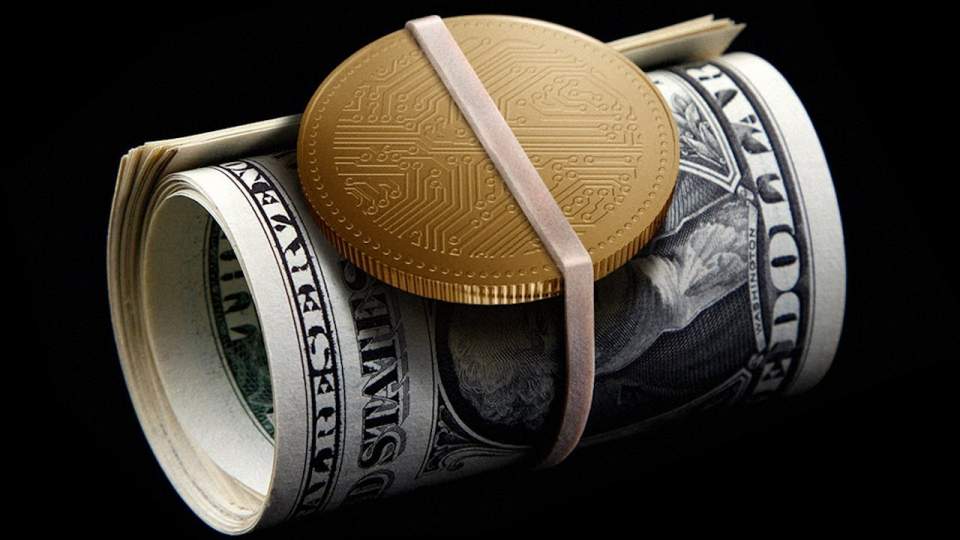According to project leaders at Fidelity Labs, Circle, and MakerDAO, dollar stablecoins are attracting new users to the cryptocurrency market and improving organizations.
They announced this at the Blockchain Summit in Los Angeles, discussing the possibilities and prospects of stable cryptocurrencies. Raghav Chawla, director of product development at Fidelity Labs, believes that stablecoins pegged to fiat currencies simplify transactions for ordinary users and large enterprises, eliminating the need to go to banks or other intermediaries. According to Chawla, people consider the national currency to be a reliable store of value, so they trust more stablecoins backed by fiat currencies, as their rate is more stable compared to decentralized cryptocurrencies.
According to Joao Reginatto, Head of Product Development at Circle, the launch of the USDC stablecoin in 2018 boosted the flow of new users into the cryptocurrency industry by providing protection against crypto asset volatility. In turn, the head of business development of the Maker Foundation Greg Di Prisco said that MakerDAO began to interact with the Center consortium in order to “lure” more users to stablecoins. At the same time, Center focuses on converting fiat currencies to stablecoins, while MakerDAO focuses on cryptocurrency loans.
Reginatto emphasized that stablecoins are increasingly being used for commercial settlements, B2B payments and international transfers. However, stable cryptocurrencies still have a lot of untapped potential, so it is necessary to look for new options for their use in business. According to Reginatto, stablecoins can improve the efficiency of interaction between organizations, but in the coming years they may face serious rivals – state cryptocurrencies from central banks.
Last month, the European Central Bank (ECB) proposed not to use the term “stablecoin” for cryptoassets backed by fiat currencies, as it considers them not safe enough for investors. In addition, the ECB recently announced four conditions for the launch of the state cryptocurrency and has already applied for the registration of the “digital euro” trademark.







